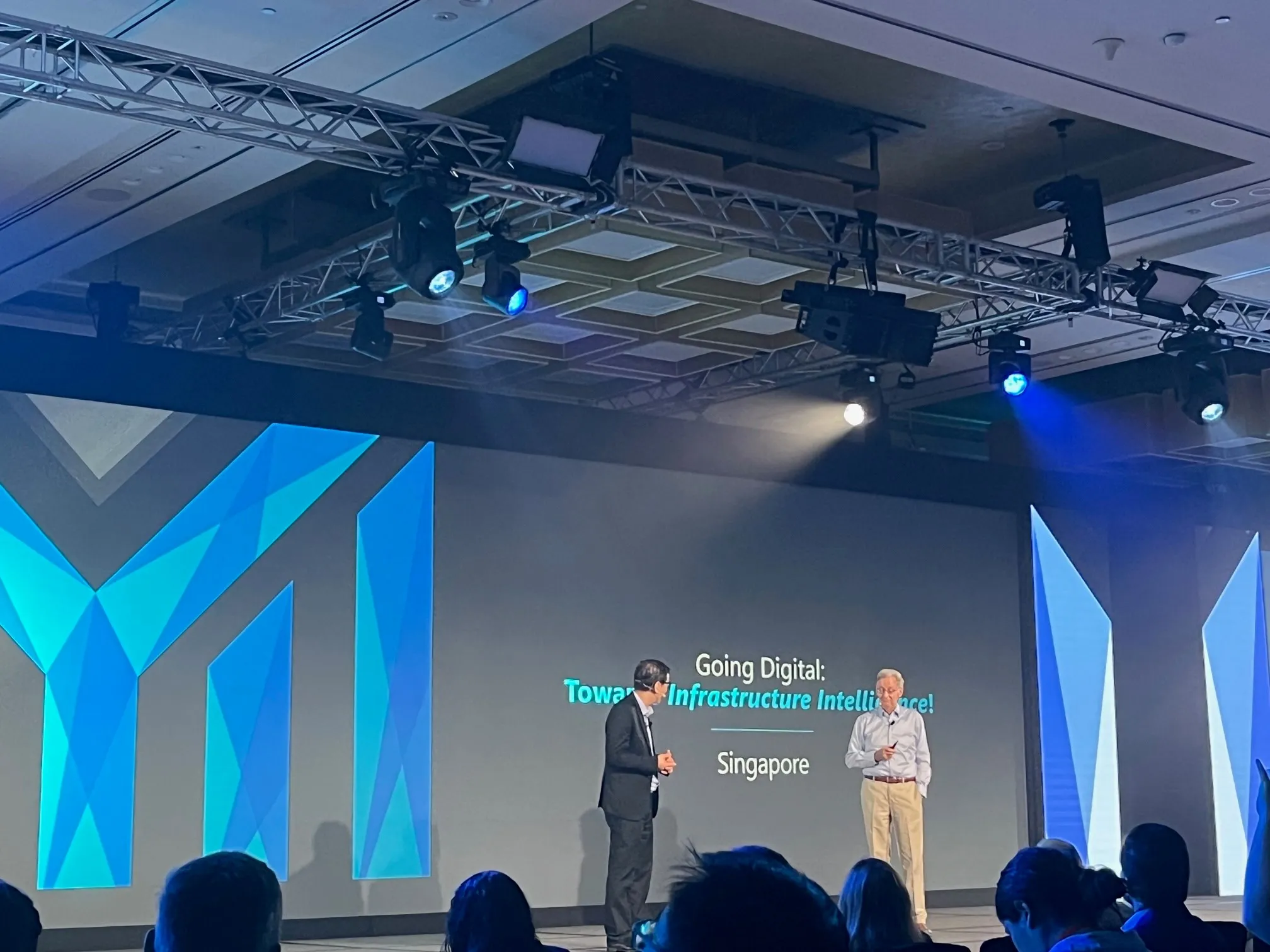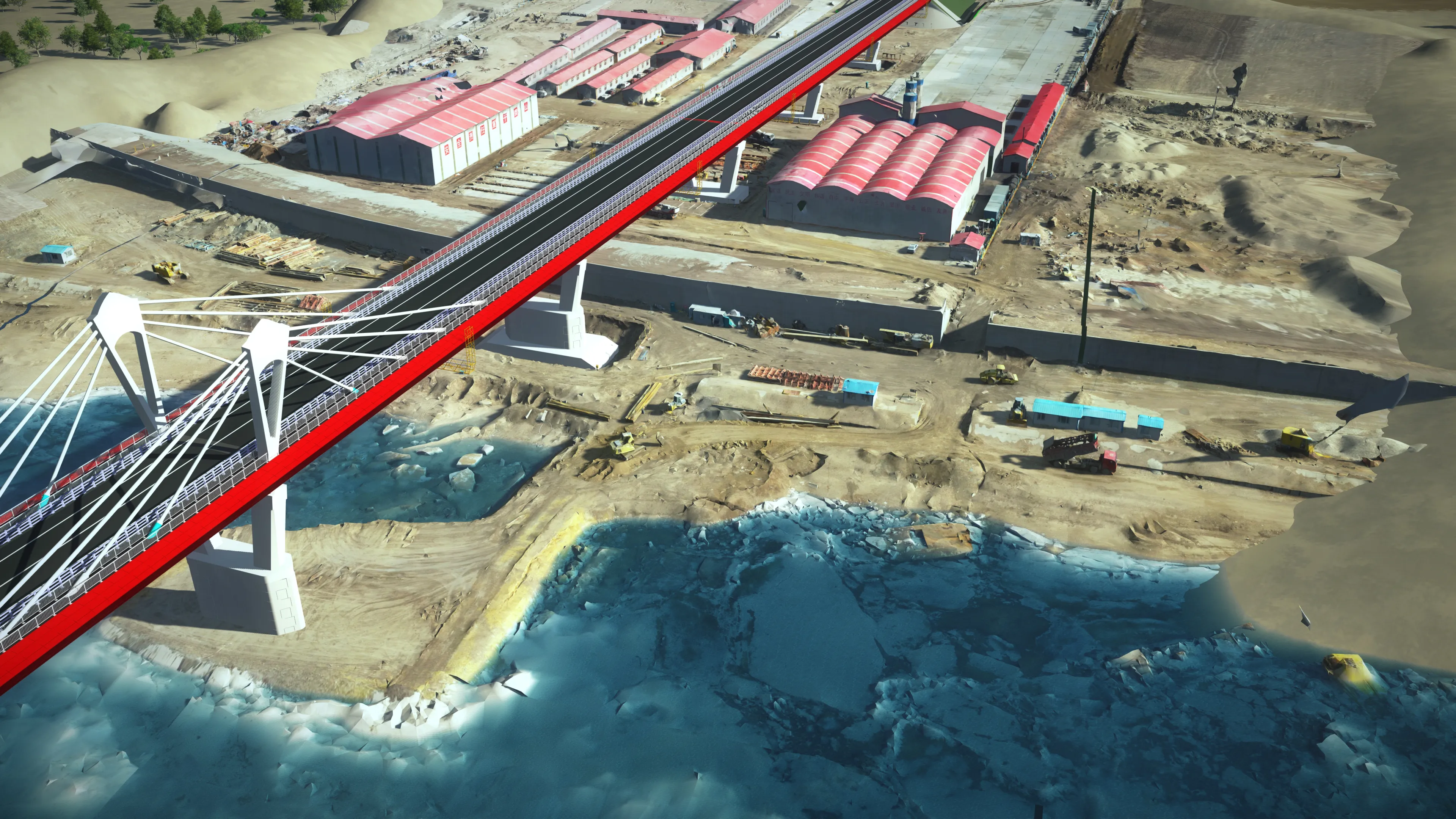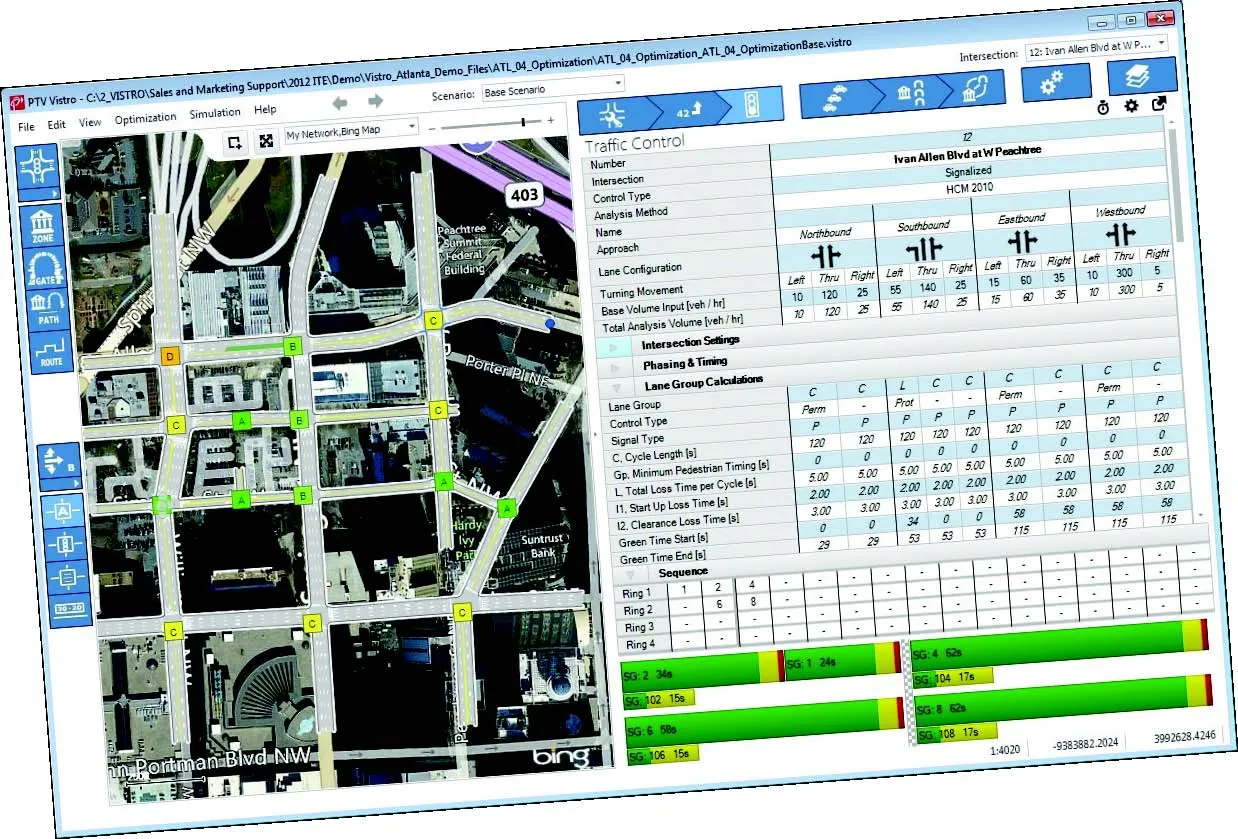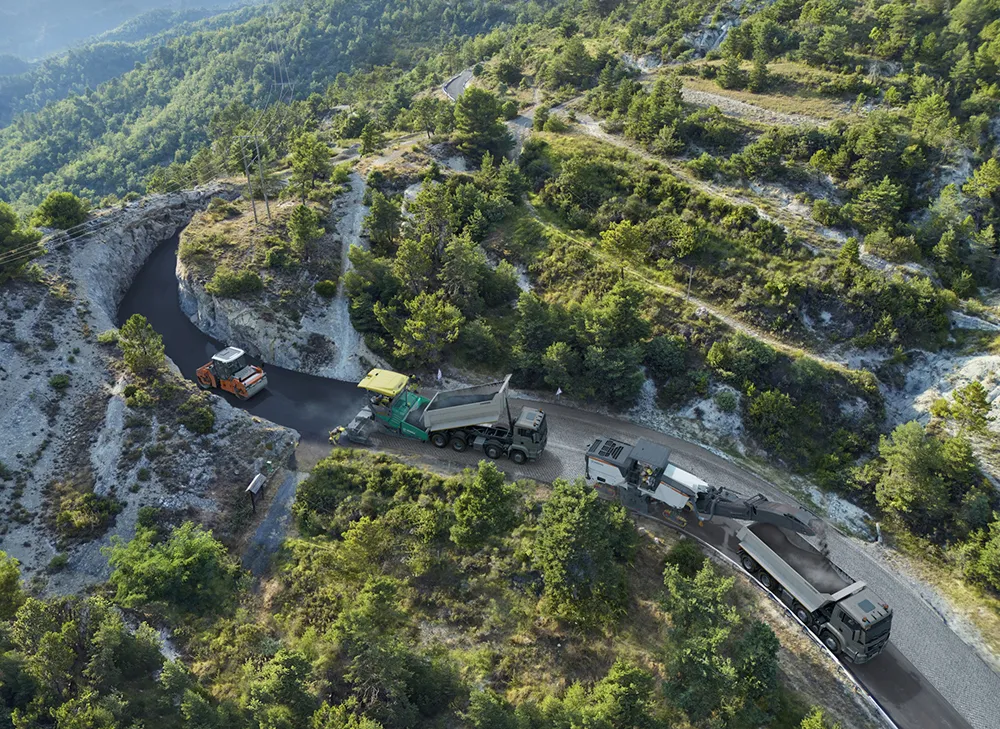
Construction software specialist Bentley Systems says that infrastructure intelligence is now playing a key role in the industry. According to CEO Greg Bentley, 2023 has been a “groundbreaking year” for the employment of infrastructure intelligence strategies by major firms.
Bentley explained that infrastructure organisations are using technology to overcome the engineering resource capacity gap. A survey of the finalists in the 2023 Going Digital Awards run by Bentley Systems highlighted median savings of 18% to engineering hours saved through the use of digital advancements. Such a saving could help address the challenges stemming from the skills shortage, with fewer engineers entering the industry at present.
According to Greg Bentley, engineering data provides the foundation while digital twins act as the building blocks for infrastructure intelligence. With iTwin Platform, engineering data in Bentley Infrastructure Cloud (ProjectWise for project delivery, SYNCHRO for construction, and AssetWise for asset operations) can increase infrastructure intelligence over the lifecycle of projects and assets. Bentley Systems estimates that the company’s engineering users accumulate at least 100 million new digital components/month within ProjectWise environments. This can deliver infrastructure intelligence benefits across construction, operations, and maintenance.
Greg Bentley highlighted infrastructure intelligence strategies that organisations are employing to compound the value of their data. This includes reusing digital components, integrating subsurface modelling, and incorporating operational data from IoT sensors, drones, and even crowdsourcing. He also explained how Going Digital Awards finalists and organisations in Singapore are accelerating their infrastructure intelligence through the use of AI.
In Singapore, digital twins are used to optimise decision-making and operations These include Singapore’s Land Transport Authority (LTA) utilising EMME and DYNAMEQ mobility digital twin software from Bentley Systems for long-term and short-term planning, including operational traffic models for traffic impact and scheme analysis.
Meanwhile, Mike Campbell, chief product officer said, “Bentley Infrastructure Cloud, including ProjectWise, leverages infrastructure digital twins to unlock data in order to apply AI and accelerate infrastructure intelligence.”
Henry Okraglik, global director of Digital, WSP Australia, explained the benefits of becoming data-centric through Bentley Infrastructure Cloud. He said, “As we’ve digitally matured, we’ve been able to embrace capabilities from Bentley Infrastructure Cloud to improve construction staging and planning, track and export quantity data across project phases, reduce the need for physical site visits, and more.”
For example, using ProjectWise, SYNCHRO, iTwin, and other Bentley products, WSP was able to reduce modeling time by 60%, increase productivity by 25%, and reduce the carbon footprint by 30% on a rail project in Melbourne.
To introduce the benefits of digital twins in the design phase, Campbell announced the addition of iTwin capabilities in Bentley Open Applications, for modeling and simulation, starting with MicroStation. With iTwin capabilities and workflows integrated, Bentley Open Applications will be able to generate digital twins during the design process, enabling users to collaborate in real-time, evaluate the impact of changes, reduce rework, and allow infrastructure intelligence.
“Today, digital twins are critical enablers of how infrastructure assets are built and operated. With iTwin-powered capabilities coming to Bentley Open Applications, all our users will also be able to leverage digital twin technology to improve their efficiency and effectiveness during design,” said Campbell.
Utilising the potential of AI to accelerate infrastructure intelligence, the company highlighted existing analytical AI capabilities, powered by iTwin, for asset monitoring, as well as for generative AI for design. The company says it is committed to help users gain value from engineering data secured in Bentley Infrastructure Cloud. At the same time, users will retain access and control for the data used in AI.
Julien Moutte, chief technology officer, provided examples of generative AI for infrastructure engineering, beginning with an AI agent assisting engineers in optimising site layouts by leveraging designs and data from previous projects. He also showed how generative AI can be applied to minimise time spent on project documentation by automating drawing production.
“We believe iTwin-powered generative AI capabilities will support engineers by augmenting the work they’re already doing. We see iTwin becoming a copilot to support better decision-making, reduce repetitive tasks, and increase design quality. It can help close the engineering resource capacity gap – not only by empowering current engineers to produce more, but also by enabling a more rewarding work experience,” said Moutte.









